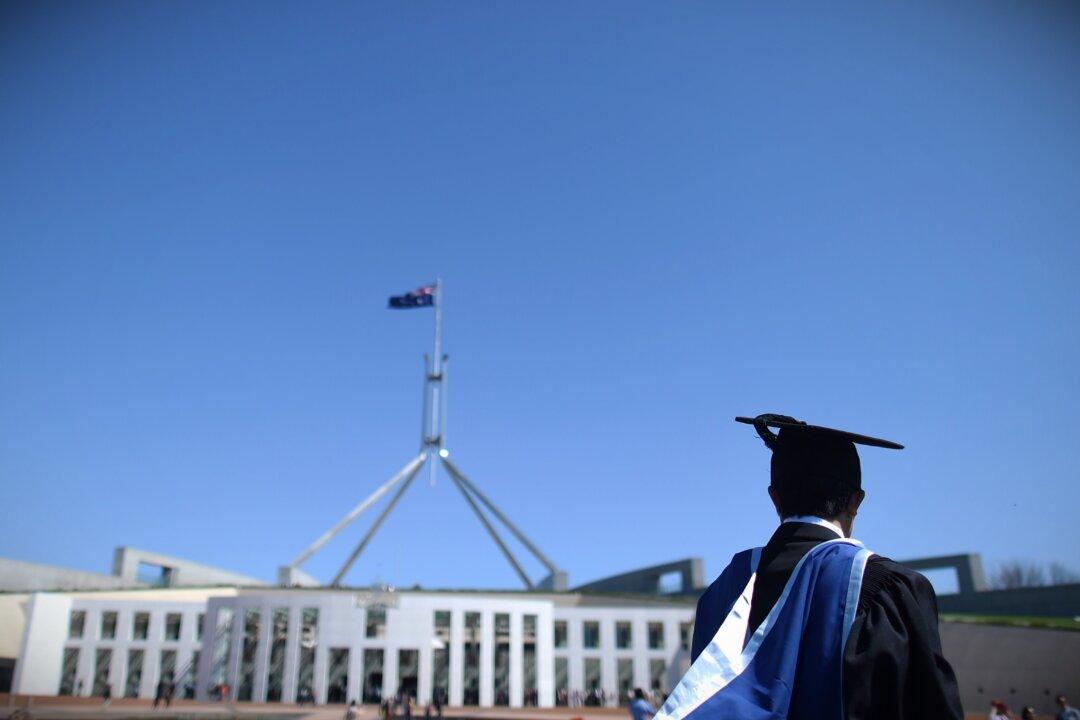All Australian universities have now adopted policies to strengthen and protect free speech on campus, two years after the recommendation was made.
University chancellors have also agreed to publicly report on how they are upholding academic freedom and freedom of speech on campus on an annual basis from 2021.





